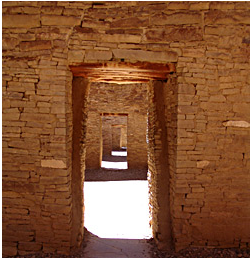Publication Date
5-2020
Abstract
This dissertation draws on an evolutionary perspective to document and examine the social contexts in which charitable donations and appeals occur to increase our understanding of the role that social reputation may play in people’s charitable giving decisions. Charitable giving challenges theorists to contemplate pathways to cooperation that do not require shared genes, direct reciprocity, or immediate direct gains. This dissertation investigates the extent to which people give charitable donations in settings where donations are likely to have reputational consequences and how social relationships relate to charitable giving behavior. Data is based on face-to-face interviews with 512 participants covering the last charitable appeal they saw or heard, the voluntary donations (if any) they gave to charity over the previous 12 months, and their social support networks.
The overall picture that emerges suggests that the benefits of upholding reputation as a beneficent partner for cooperative relationships plays an important role in the evolution and maintenance of human personality traits, sentiments, emotions, and values that encourage charitable giving. Although impersonal media appeals, appeals made by representatives of nonprofits, and requests to help strangers in need account for most of the charitable appeals that recall, people rarely give in response to these commonplace requests that only put their social reputations with familiar contacts at minimal stake. Most donations that people give transpire in social settings where familiar social ties solicit, collect, or are present to potentially witnesses a donors’ contributions. Donors even often hand over charitable donations to friends and acquaintances with personal stakes in the cause the donor supports. When people do give donations that friends and associates are unlikely to discover, the donations are more likely to involve transfers of unwanted property, purchases of wanted charity premiums or charity-branded products, entries in games of chance, and tax subsidies that offset the cost of giving. Still, people who report giving larger totals in private and anonymous settings after the removal of economic incentives report having more friends who they believe they can count on in a time of need. These findings illuminate the role of social reputation in the richness and breadth of human cooperation.
Keywords
altruism, philanthropy, social networks, generosity, nonprofits, image
Project Sponsors
The National Science Foundation’s Cultural Anthropology Program under Grant No. BCS-0349913 and two University of New Mexico Graduate and Professional Student Association Research Allocations
Document Type
Dissertation
Language
English
Degree Name
Evolutionary Anthropology
Level of Degree
Doctoral
Department Name
Anthropology
First Committee Member (Chair)
James L. Boone
Second Committee Member
Kim Hill
Third Committee Member
Osbjorn M. Pearson
Fourth Committee Member
Richard Sosis
Recommended Citation
Allen-Arave, Wesley. "The Sociality of Charitable Giving in an Evolutionary Perspective." (2020). https://digitalrepository.unm.edu/anth_etds/199

